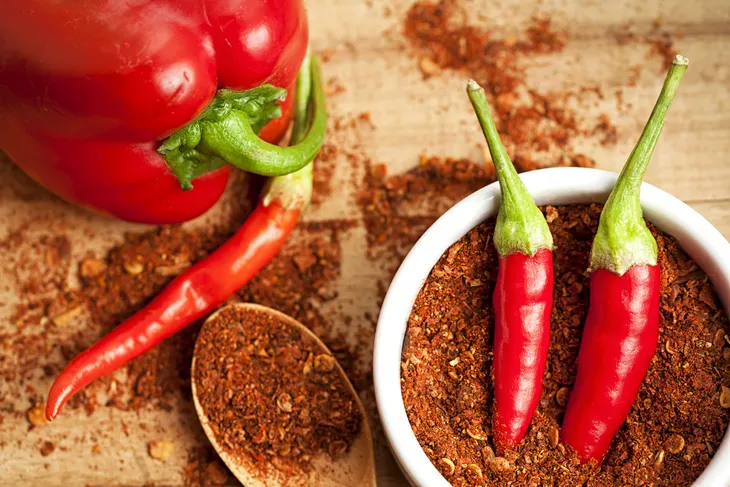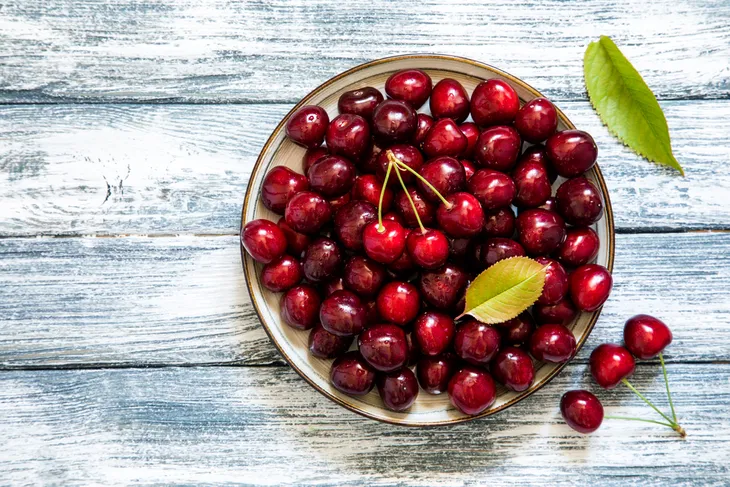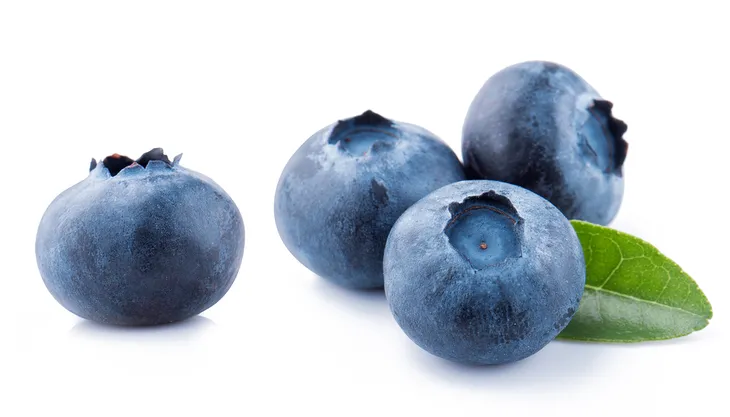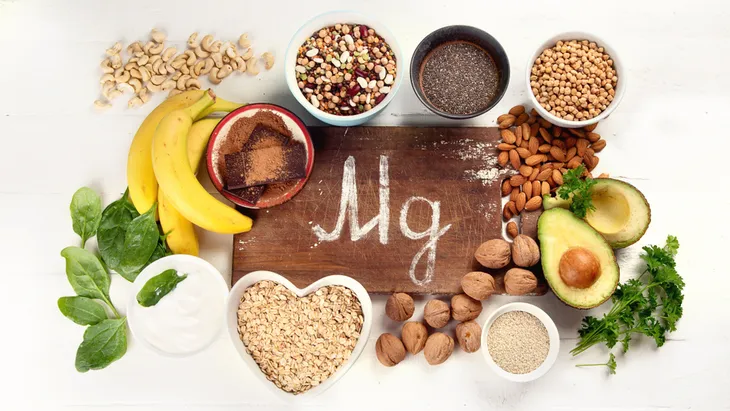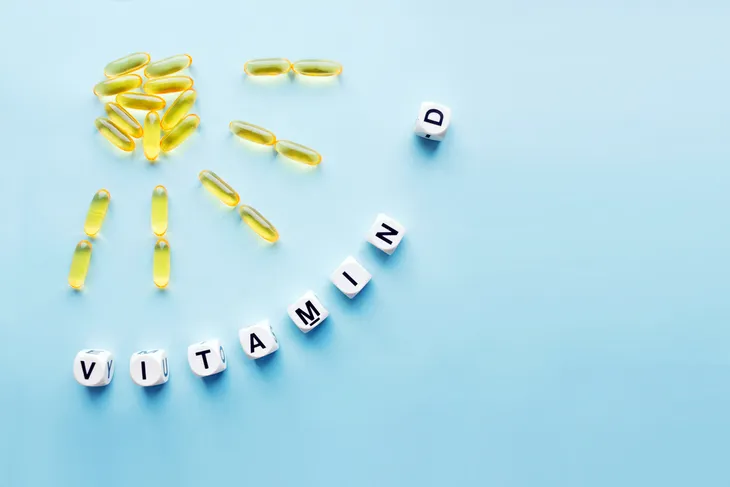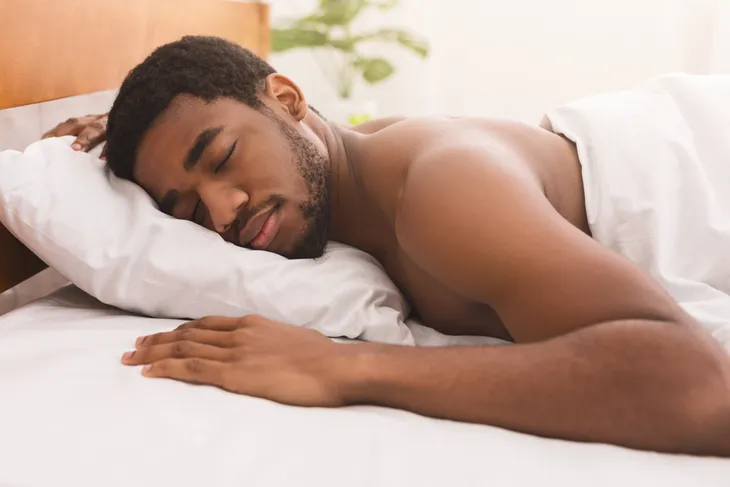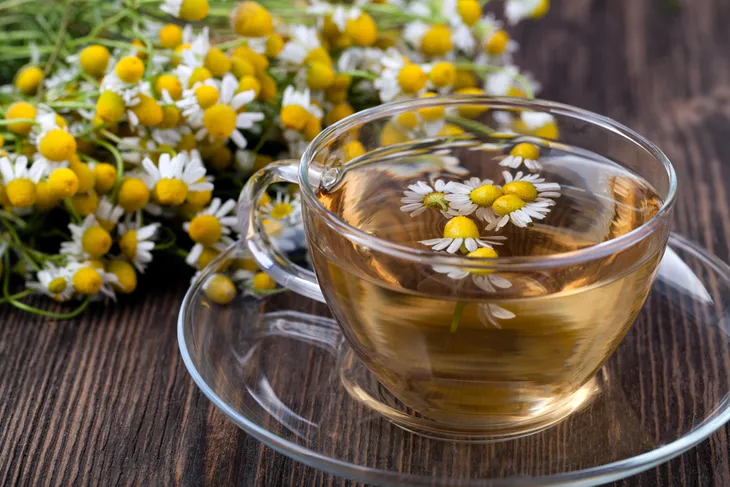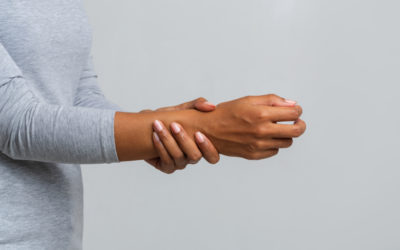No matter what you do in your personal and professional time, you’re pretty well bound to suffer from muscle soreness at some point. Whether you’re a computer programmer who’s stuck at a desk all day or a construction worker who spends most of their time outside, we all get aches and pains that can make winding down and falling asleep at night rather difficult.
If muscle pain is a familiar problem for you, chances are you’ve tried many of the over-the-counter drugs that specifically target muscle soreness. But let’s face it, no one wants to take painkillers several times a day, so the next option is natural remedies. Let’s take a look at a number of surprisingly effective natural pain relievers.
Melatonin
Insomnia, pain, and specifically muscle pain, is often cited by people who struggle to get some decent sleep at night. Put simply, it can be incredibly tough to get to sleep if your brain is constantly sending alarm signals through your nerve endings.
That’s where melatonin can be a big help. This natural herb has been used for ages to help people wind down and get to sleep. And it’s helpful not just because it can provide a full night of natural rest, but because it can help block some of the signals our brain sends out when it detects pain.
Cayenne Spice
For some people, spicy foods can be the source of pain, and specifically digestive discomfort. But for those without these digestive issues, some spices can actually be the source of pain relief — particularly when it comes to muscle soreness.
Specifically, cayenne pepper, one of the most popular types of pepper, has been shown to help fight inflammation and significantly reduce muscle soreness. That’s because cayenne peppers contain capsaicin, a substance that has natural muscle-relaxing properties. Unlike some other types of spice, such as cumin or chili pepper, cayenne pepper doesn’t have a bold flavor, making it easy to add it to just about any time of dish.
Cherries
It doesn’t matter if you’re physically active through sports and other physically-demanding activities or if you spend most of your time sitting down — we all experience muscle pain at some point in our lives. And for those who regularly feel muscle pain — such as people who engage in some of the most strenuous activities, like marathons or triathlons — one of the most popular pain relievers is entirely natural: cherries.
Specifically, many people turn to cherry juice to help alleviate muscle pain in a natural way. That’s because cherry juice — and especially the very tart variety — contains antioxidants that can help fight inflammation and reduce muscle pain.
Blueberries
Most types of berries contain antioxidants that boost anti-inflammatory properties which can help reduce muscle soreness. But there are some berries which are more effective in fighting muscle inflammation than others, including blackberries, cherries, and especially blueberries.
That’s because blueberries typically contain more antioxidants than other popular berry types, such as cranberries, strawberries, or raspberries. Because they’re so sweet and delicious, you can add blueberries to just about any dish, from cereal to oatmeal or smoothies and salads. For best results, look for fresh, local blueberries.
Magnesium
Magnesium is often cited as one of the most important minerals for humans to ingest on a regular basis. That’s because it plays a key role in the development of healthy muscle tissue and in maintaining nerve functionality. Put simply, if you fail to get enough magnesium in your diet, you’re effectively increasing your chances of suffering from muscle pain.
Thankfully, it’s not all that hard to add magnesium to your diet. It can be found in a wide variety of popular foods, from fruits like bananas to nuts, seeds, and even brown rice. Of course, you can also add magnesium to your daily routine in the form of a supplement.
Vitamin D
People who don’t get enough vitamin D sometimes have an increased chance of suffering from muscle stiffness, pain, or even spasms. And that’s not all: insufficient vitamin D intake can also result in one feeling depressed and lethargic, which can affect one’s mood enough to make winding down at the end of the day rather difficult.
The good news is that it’s really not that tough to access vitamin D. After all, it can be found in popular foods like eggs, fish, and even milk. Vitamin D is also available in liquid, tablet, and capsule form, though it’s most famously available through sunshine. Yes, that’s right, just getting outside on a sunny day can help reduce muscle soreness.
Sleep
Arguably, the easiest way to overcome muscle stiffness and pain is to simply get lots of sleep. That’s because during sleep our bodies make serious strides in recovering from minor and major injuries to our muscle tissue, which can cause spasms and soreness.
Unfortunately, it can be difficult to get a full night’s rest if you’re suffering from regular muscle pain. That’s why it’s important to try some of the natural remedies on this list, such as chamomile, cherry juice, or melatonin, which have been shown to help both alleviate muscle pain while also helping us unwind and fall asleep.
Chamomile
Many people who struggle with insomnia at night take chamomile to wind down and get some quality sleep, but this ancient herb can actually do a lot more than just help you catch some much-needed rest; it can also help relax your muscles and alleviate muscle soreness.
That’s because chamomile contains roughly three-dozen flavonoids, all of which have anti-inflammatory properties. For this reason, it’s a good idea to try treating your muscle pain with chamomile, either in tea form or as an essential oil that you can rub into the muscles giving you the most trouble.


